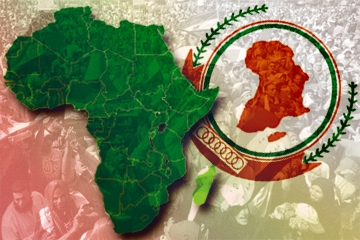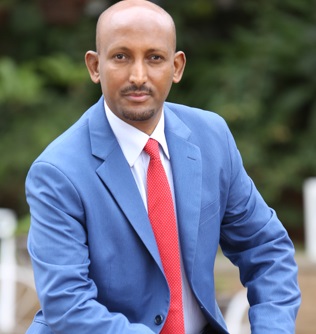
The 18th African Union Summit was held from 23-30 January 2012 in Addis Ababa, Ethiopia. The AU 2012 January Summit will be different from the previous summits for the various reasons. In recent years, Africa has shown a marked progress in terms of conducting internationally accepted elections; however, it has also faced serious challenges in the management of elections. With three dictators already toppled by the North African Uprisings and four democratically elected new leaders from Tunisia, Zambia, Liberia, and Nigeria, the composition of the AU Assembly of Heads of State and Government exhibits the generational increase in Africa’s democratic profile. Although there are some dictators that remain in power after more than 20 years, and other leaders with contested mandate and diminished legitimacy due to election-related violence. Kenya, Nigeria, Cote d’Ivoire are examples. Notwithstanding it, is clear that Africa has witnessed what one may call ‘generational progression of democracy’. Each decade, the numbers of democratically elected leaders of Africa have increased. Compared to the 1990s and early 2000s, the 2010s exhibits a striking surge in number of democratically elected leaders participating in the AU Summit.
